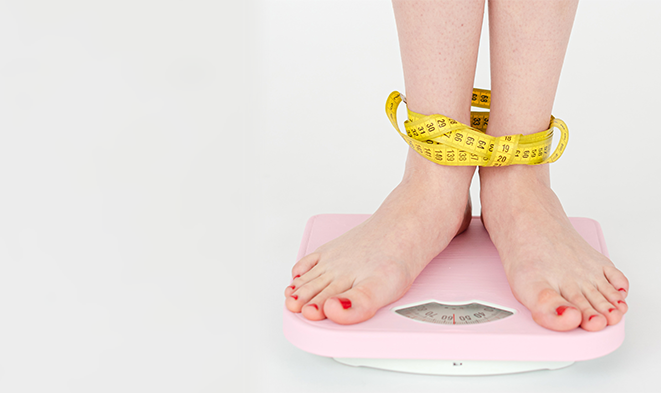
Undergoing bariatric surgery is a significant step towards a healthier life. However, the journey doesn’t end with surgery; it continues with how you adapt and maintain your new lifestyle. An essential aspect of this post-surgery journey is monitoring your weight. The process of weighing yourself after bariatric surgery is crucial but must be approached with care to ensure it doesn't negatively impact your mental health.
The Interplay of Weight Monitoring and Mental Well-being
Post-bariatric surgery, your weight is an important indicator of physical health progress. However, it's vital to understand that the frequency and perception of weighing yourself can profoundly affect your mental well-being. Weighing yourself too often can create an unhealthy focus on numbers, leading to stress, anxiety, and a distorted body image. It's essential to strike a balance that allows you to track your progress without compromising your mental health.
Several studies have underscored the psychological implications of frequent weighing after bariatric surgery. A fixation on the scale can escalate into an obsessive behavior, increasing the risk of mental health issues such as depression and anxiety. Moreover, if the weight doesn’t drop as expected, it can lead to feelings of disappointment and self-criticism, which are detrimental to mental health. This emphasizes the need for a mindful approach to weighing yourself after bariatric surgery.
Weighing and Self-Esteem
Your self-esteem and body image are closely tied to how you perceive your weight. Regular weighing can create a direct link between your self-worth and the numbers on the scale. This can be especially challenging post-bariatric surgery when weight fluctuations are common. Recognizing that your worth goes beyond your physical appearance is crucial for maintaining a healthy state of mind.
Psychological Support and Counseling
Post-bariatric surgery, psychological support is as important as physical care. Counseling can help in addressing issues related to body image, self-esteem, and adapting to lifestyle changes. Joining support groups where you can share experiences and strategies with others who have undergone similar journeys can also be beneficial.
Setting Realistic Expectations
Setting realistic weight loss goals post-surgery is key. Remember, every individual’s body responds differently to bariatric surgery. Comparing your progress with others can lead to unnecessary stress. Focus on your personal journey and the goals set by you and your healthcare team.
Incorporating Mindfulness and Self-compassion
Practicing mindfulness can help in developing a healthier relationship with your body and weight. Being present and aware helps in recognizing and breaking patterns of negative thoughts related to body image. Cultivating self-compassion is equally important. Be kind to yourself and acknowledge that your journey is unique and valuable.
Healthy Practices in Weighing Yourself after Bariatric Surgery
1. Limit Weighing Frequency: It’s recommended to limit weighing yourself after bariatric surgery. This helps in keeping track of your progress without becoming obsessed with the scale. A good practice would be to weigh yourself once a week or as advised by your healthcare provider.
2. Consistent Weighing Schedule: Weight can fluctuate throughout the day. To get a more accurate reading, weigh yourself at the same time each day, preferably in the morning after using the bathroom and before eating or drinking.
3. Emphasize Non-Scale Victories: Focus on other indicators of health improvement, such as increased stamina, better fitting clothes, or improved lab results. Celebrating these victories can provide motivation and a sense of accomplishment that isn’t solely tied to the scale.
Weighing yourself after bariatric surgery is a vital part of your weight loss journey, but it's important to approach it with a balanced perspective. By combining sensible weighing practices with psychological support, setting realistic goals, and embracing self-compassion, you can ensure that your journey towards health is not just about losing weight but about gaining a healthier, happier, and more balanced life. Remember, your journey is about overall wellness, and you are more than just a number on a scale.












